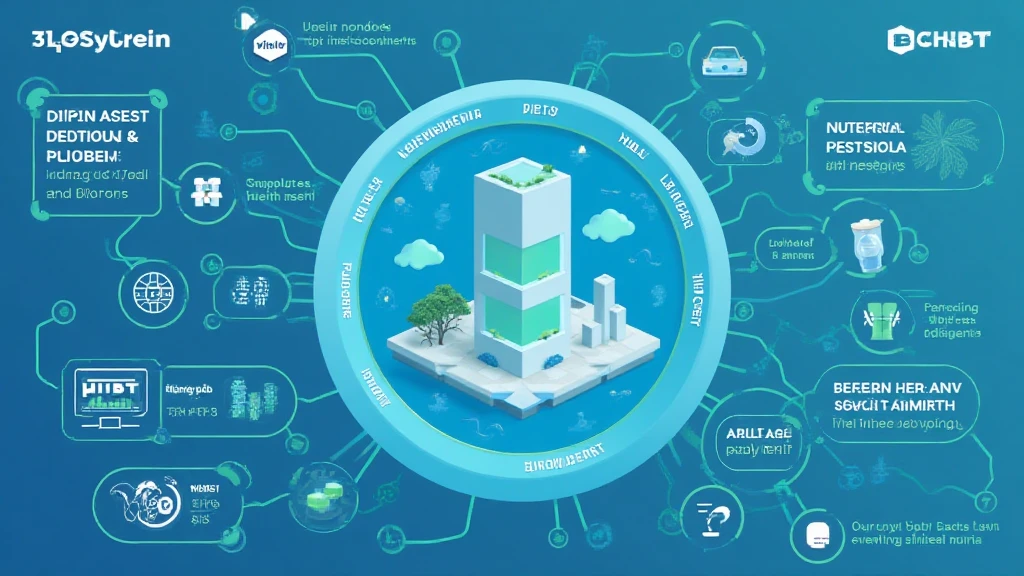How to Explain Real Estate to Beginners: A Comprehensive Guide
With the real estate market booming and an increasing number of individuals and investors looking to enter this space, it’s crucial to understand the terminology and concepts associated with it. For many beginners, real estate can appear overwhelming, laden with complex jargon and industry-specific nuances. This guide aims to break down real estate concepts into simple terms that even a novice can grasp.
Understanding Real Estate Concepts
Real estate refers to property consisting of land and the buildings on it, along with its natural resources. To better explain this to beginners, we can categorize real estate into three primary types:
- Residential Real Estate: This includes properties designed for people to live in. Examples are single-family homes, condominiums, and apartments.
- Commercial Real Estate: Properties used for business purposes, such as shopping malls, office spaces, and hotels.
- Industrial Real Estate: Properties used for manufacturing, production, distribution, and warehousing.
Key Terminologies in Real Estate
Real estate contains its own vocabulary. Here are some essential terms that beginners should know:

- Appraisal: An assessment of a property’s value.
- Equity: The difference between the property’s value and the amount owed on it.
- Mortgage: A loan specifically used to purchase real estate, secured by the property being purchased.
- Closing costs: Fees and expenses associated with finalizing a real estate transaction, which typically range from 2-5% of the property’s purchase price.
The Home Buying Process
Explaining the home buying process to beginners can be simplified into seven key steps:
- Determine Your Budget: Assess how much you can afford.
- Get Pre-Approved for a Mortgage: Know how much a lender is willing to give you.
- Find a Real Estate Agent: A professional who can help you navigate the market.
- Start House Hunting: Look for homes that meet your criteria.
- Make an Offer: Once you find a home, put in an offer.
- Get a Home Inspection: Ensure the home is in good condition.
- Close the Deal: Finalize the purchase and move in.
Real Estate Investment Basics
Many people consider investing in real estate, and explaining this to beginners requires discussing some foundational principles:
- Cash Flow: The net income generated from property investments after expenses.
- Appreciation: The increase in a property’s value over time.
- Return on Investment (ROI): A measure of the profitability of an investment.
By understanding these concepts, beginners can begin to see the potential benefits of investing in real estate.
The Future of Real Estate in Vietnam
As a rapidly developing market, Vietnam presents unique opportunities in real estate. According to recent data, the Vietnamese real estate sector is projected to grow at a rate of approximately 7% annually. With an increasing number of young professionals and a rising middle class, the demand for residential properties continues to grow.
Using localized terms such as tiêu chuẩn an ninh blockchain could further integrate blockchain technology into real estate, enhancing transactions and securing data representation.
Conclusion
Explaining real estate to beginners involves breaking down complex terms into simple language and outlining processes clearly. This not only helps beginners understand the industry better but also increases their confidence in making informed decisions in real estate.
As the market continues to evolve, especially in emerging economies like Vietnam, keeping up with trends and essential concepts becomes even more critical.
Whether it’s understanding the impact of blockchain technology in real estate transactions or predicting investment trends, staying educated is key.
For more information on blockchain applications in real estate, visit hibt.com.
Author: John Doe, a real estate expert with over 10 published papers on property investment strategies and trends in emerging markets.





